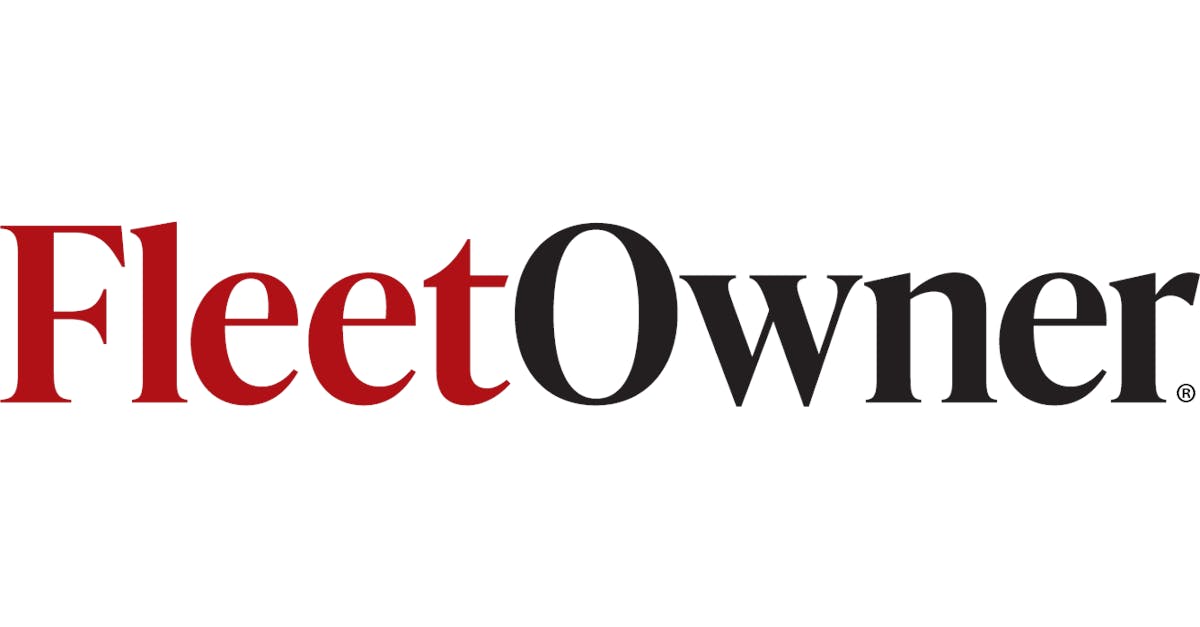Something I haven't seen talked about nearly enough, and that I think is being badly missed in the autonomous car product / revenue discussion is that at the end of the day its still transportation. And transportation is a commodity business with razor thin margins. I absolutely see a short term (3-10 years?) "golden era" for owners of transportation services where the competition will be with the current world order - personally owned vehicles; UBER/Lyft as currently constituted.
But as the number of robotaxis increases the day rapidly arrives where the current world order is no longer the competition - it becomes the new robotaxi product and service.
A thought experiment - if we grant that a robotaxi generates $500k of revenue after fuel, off of a $50k vehicle that needs another $50k in maintenance (simplifying somewhat to make the point easier), and Tesla takes 30% of that, then we've got a $350k return on $100k investment. I'll take 20 please.
BUT when we shift to the new world order where robotaxis will be competing with each other, who here is willing to lower that $350k return on $100k to say $300k? And if it were $300k, who is willing to lower it down to $250k?
This is from the trucking industry and 2018:
For the Driver from American Trucker serves independent owner-operators and growing trucking fleets operating fewer than five power units.

www.trucker.com
But it is at least directionally accurate and has the industry profit margins UP at 6% after previous years in the 2-4% range.
Two conclusions I draw:
1) These are the sorts of profit margins I see robotaxis evolving to. If I'm right this will be a lot of revenue and very little profit for Tesla. At most I hope Tesla would form a new division and then spin it out as a new business at these profit levels.
2) I see little to no way for Tesla to continue to take 30% off the top and leave owner / operators with 2-6% profit margins. If nothing else, some other company that gets a robotaxi into service could decide to take 25% off the top. Then Tesla lowers to 20%. And the race to the bottom is on until, my prediction, Tesla (or other company) is getting 2-6% profit margin and the owner / operator is earning 2-6%. I.e. - roughly an even split of the profits. Clearly with some businesses doing better and some worse.
This might take 20 years or 2 years in individual geographies as its deployed, but I see the outcome as inevitable. Its in the nature of transportation - technological advances and cost improvements flow through to the customers and very little sticks to people buying and deploying the technology because the business is just too big and the competition is too intense for anything else to happen.




